FCC won't review Section 230 before Biden takes over
Election result leaves no time for rulemaking, says Commission chair
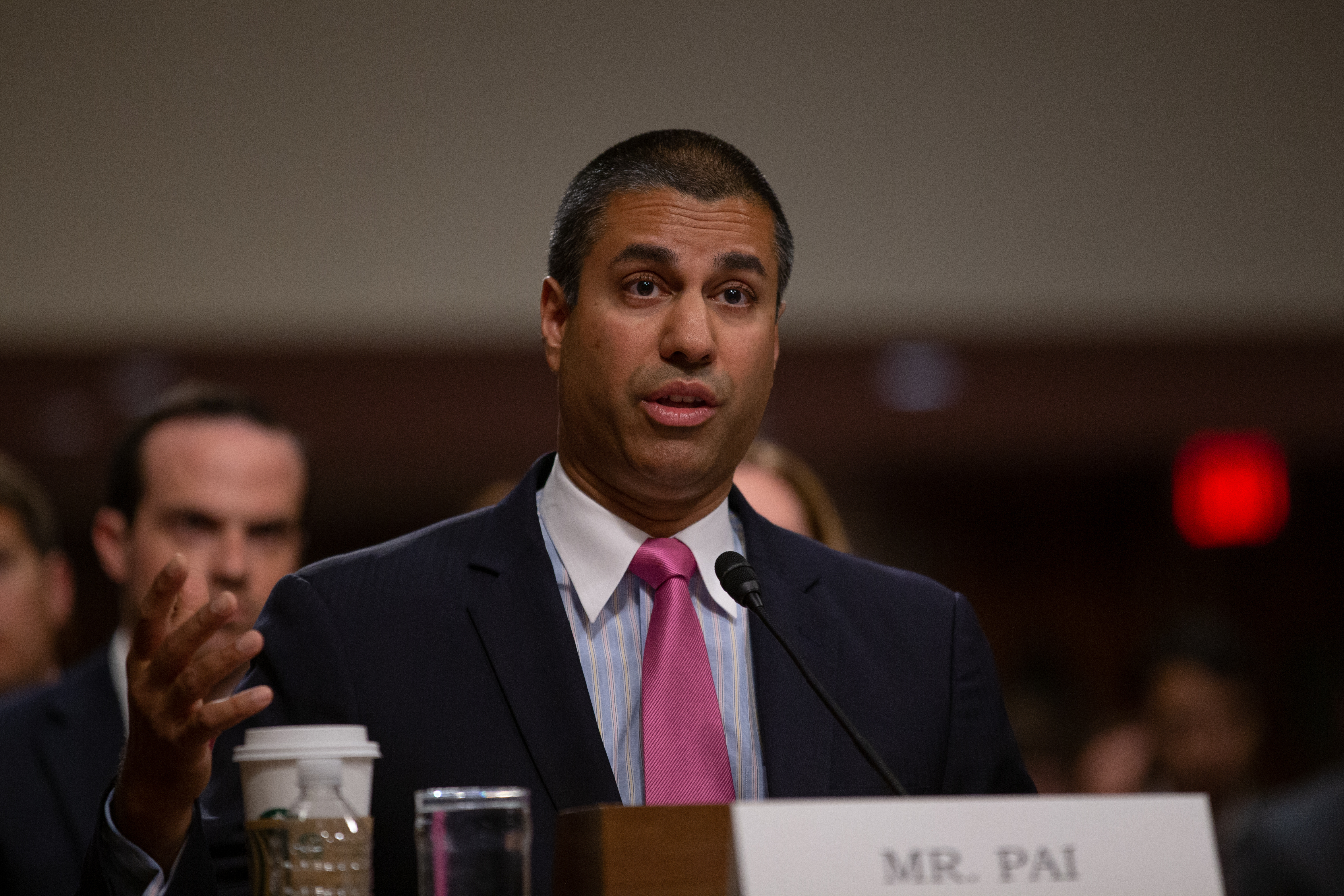

Outgoing Federal Communications Commission (FCC) chair Ajit Pai has walked back a decision to review the controversial Section 230 clause.
In an interview with C-SPAN's The Communicators program, Pai confirmed he would no longer move ahead with a rulemaking process to review the law because the transition of power from the Trump administration to the Biden administration doesn’t allow it.
"Given the results of the election, there's simply not sufficient time to complete the administrative steps necessary in order to resolve the rule-making," he told the show.
Pai previously cited concerns from all three branches of government as a key factor in reinterpreting the law but said that the incoming administration would have to make any decisions on the controversial clause.
"Obviously the president believes it should be repealed, president-elect Biden has campaigned repeatedly on its repeal, but within Congress there appears to be a consensus also that it should be revised or reformed in some way," he said. If he were to reinterpret the law, Pai said he would "think about it more carefully in terms of the immunity provision."
Originally introduced as part of the Communications Decency Act in 1996, Section 230 prevents an "interactive computer service" from being treated as the publisher of third-party content. That’s been interpreted as a get-out clause for social media companies, as it prevents them from being held responsible for user posts. Section 230 has been a bone of contention for president Trump, who issued an executive order that attempted to strike down Section 230 protections last May.
Congressional lawmakers have repeatedly introduced legislation targeting Section 230. In June 2020, senators revealed the bipartisan Platform Accountability and Consumer Transparency Act that would’ve held social media companies liable for hosting illegal content. Senators also introduced the Online Freedom and Viewpoint Diversity Act in September that would have held social media companies liable for third-party content.
Get the ITPro daily newsletter
Sign up today and you will receive a free copy of our Future Focus 2025 report - the leading guidance on AI, cybersecurity and other IT challenges as per 700+ senior executives
President-elect Joe Biden has also criticized the law and indicated that he might review or abolish it.
On October 15, Pai announced that the Commission would reinterpret the law after bipartisan support in Congress to reform the law. "Social media companies have a First Amendment right to free speech," he said at the time. "But they do not have a First Amendment right to a special immunity denied to other media outlets, such as newspapers and broadcasters."
On August 3 2020, the FCC had asked for public comment in response to a petition for rulemaking from the Department of Commerce.
Pai refused to be drawn on the president's withdrawal of Michael O'Rielly's nomination for another term as FCC commissioner in August after he questioned the Commission's authority to interpret Section 230 in a June C-Span interview.
In an analysis of Pai's original decision to interpret Section 230, FCC general counsel Thomas M. Johnson Jr explained that it fell within the Commission's authority because the introduction of the clause made it part of the 1934 Communications Act.
Danny Bradbury has been a print journalist specialising in technology since 1989 and a freelance writer since 1994. He has written for national publications on both sides of the Atlantic and has won awards for his investigative cybersecurity journalism work and his arts and culture writing.
Danny writes about many different technology issues for audiences ranging from consumers through to software developers and CIOs. He also ghostwrites articles for many C-suite business executives in the technology sector and has worked as a presenter for multiple webinars and podcasts.
-
 Cleo attack victim list grows as Hertz confirms customer data stolen
Cleo attack victim list grows as Hertz confirms customer data stolenNews Hertz has confirmed it suffered a data breach as a result of the Cleo zero-day vulnerability in late 2024, with the car rental giant warning that customer data was stolen.
By Ross Kelly
-
 Lateral moves in tech: Why leaders should support employee mobility
Lateral moves in tech: Why leaders should support employee mobilityIn-depth Encouraging staff to switch roles can have long-term benefits for skills in the tech sector
By Keri Allan
-
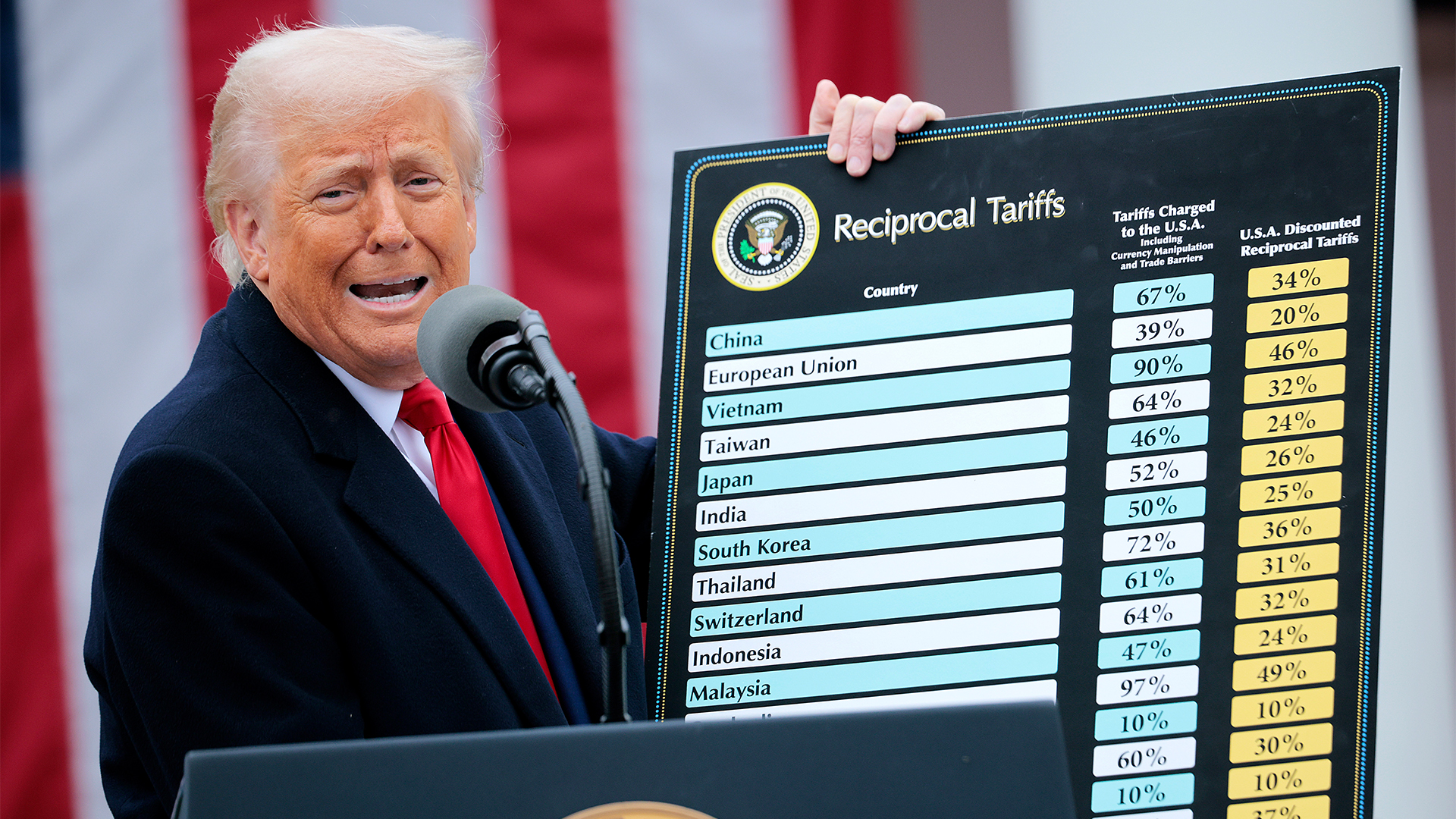 IDC warns US tariffs will impact tech sector spending
IDC warns US tariffs will impact tech sector spendingNews IDC has warned that the US government's sweeping tariffs could cut global IT spending in half over the next six months.
By Bobby Hellard
-
 US government urged to overhaul outdated technology
US government urged to overhaul outdated technologyNews A review from the US Government Accountability Office (GAO) has found legacy technology and outdated IT systems are negatively impacting efficiency.
By George Fitzmaurice
-
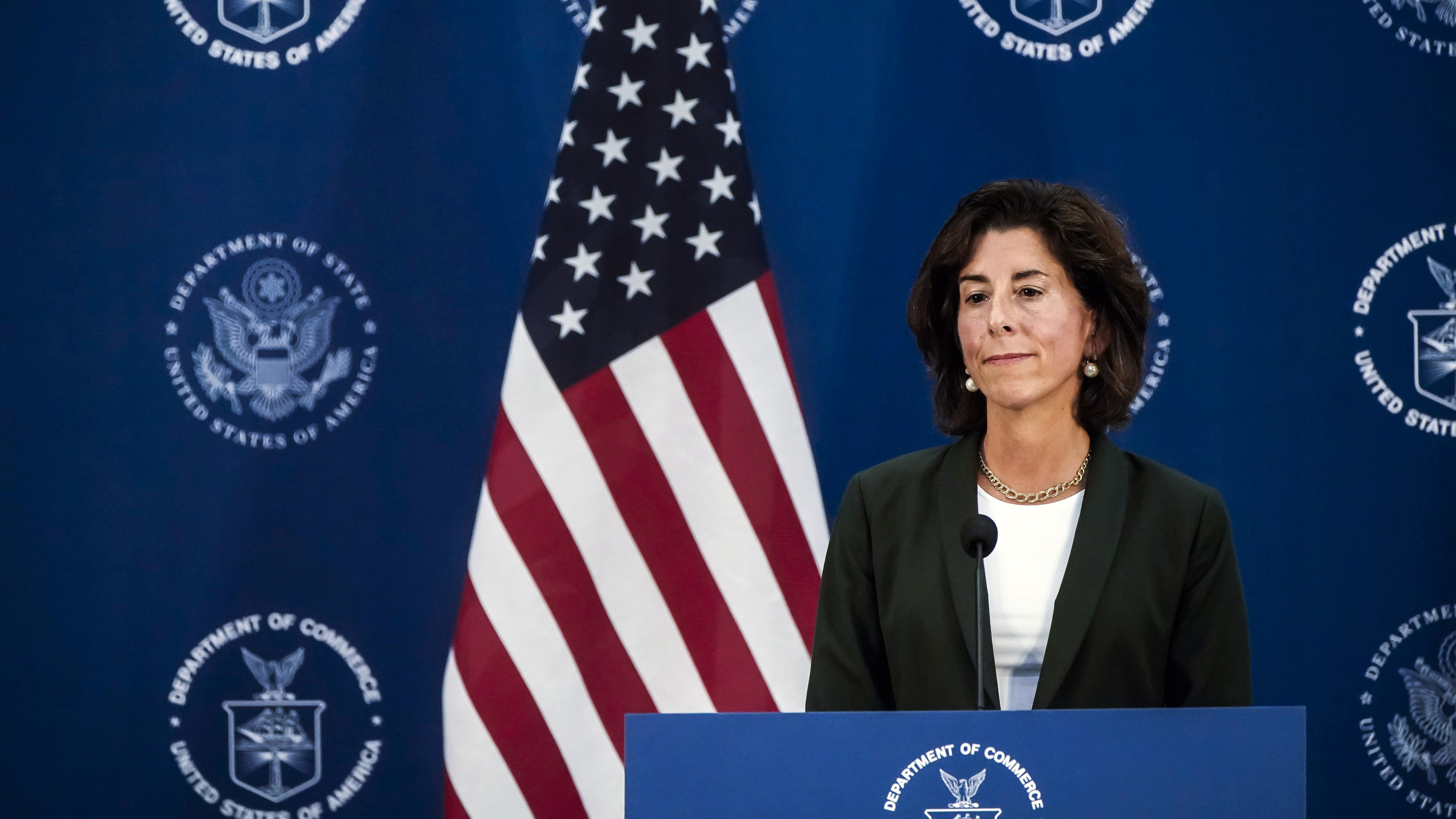 US proposes new ‘know-your-customer’ restrictions on cloud providers
US proposes new ‘know-your-customer’ restrictions on cloud providersNews The US aims to stifle Chinese AI competition with new restrictions on cloud providers to verify foreign data center users
By Solomon Klappholz
-
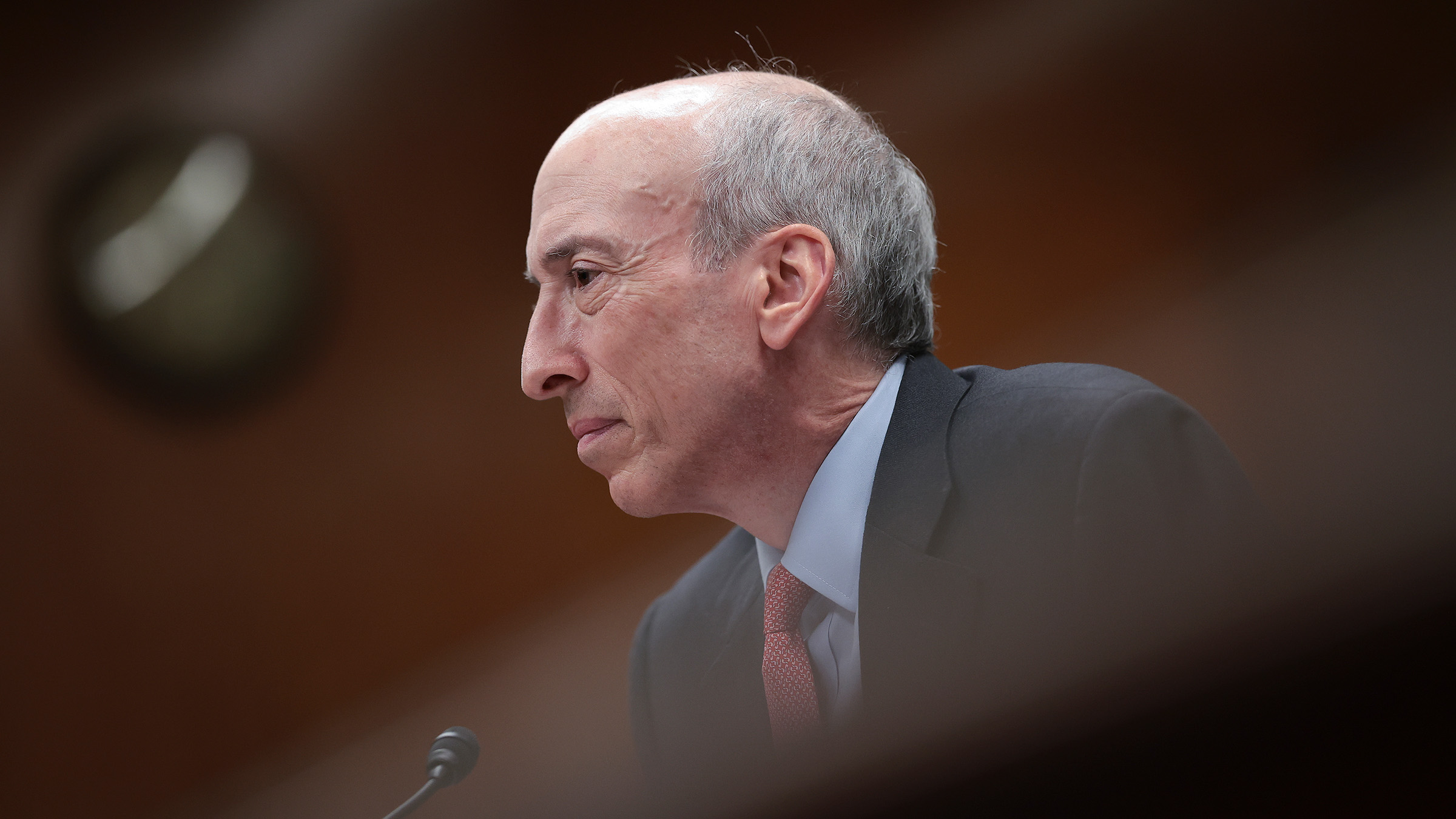 SEC passes rules compelling US public companies to report data breaches within four days
SEC passes rules compelling US public companies to report data breaches within four daysNews Foreign entities trading publicly in the US will also be held to comparative standards
By Rory Bathgate
-
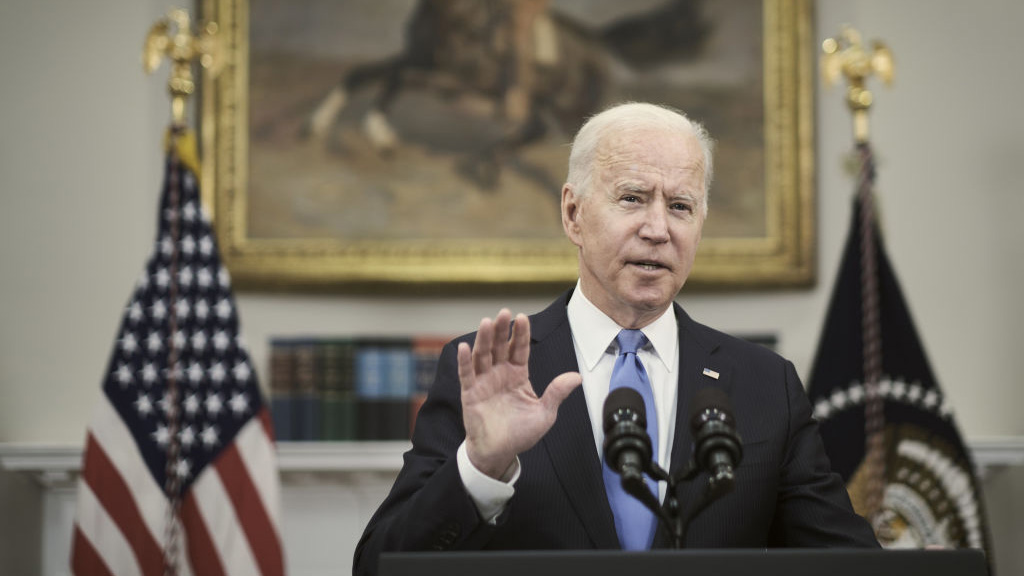 US says National Cybersecurity Strategy will focus on market resilience and private partnerships
US says National Cybersecurity Strategy will focus on market resilience and private partnershipsNews The recently announced implementation plans alow for more aggressive action against ransomware gangs
By Rory Bathgate
-
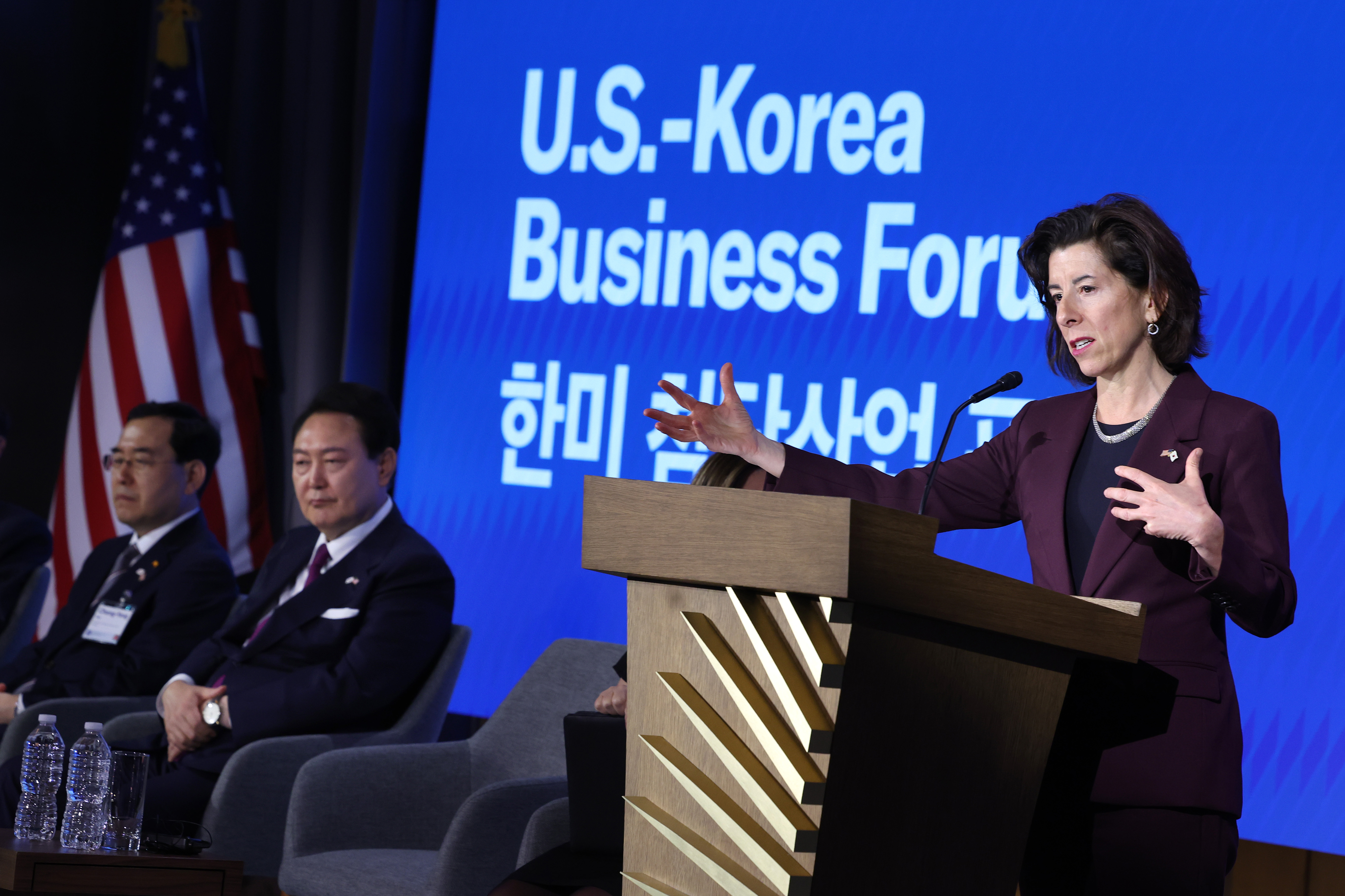 US ‘Tech Hubs’ drive aims to boost innovation in American heartlands
US ‘Tech Hubs’ drive aims to boost innovation in American heartlandsNews The development of the hubs will could help drive regional innovation and support for tech companies
By Ross Kelly
-
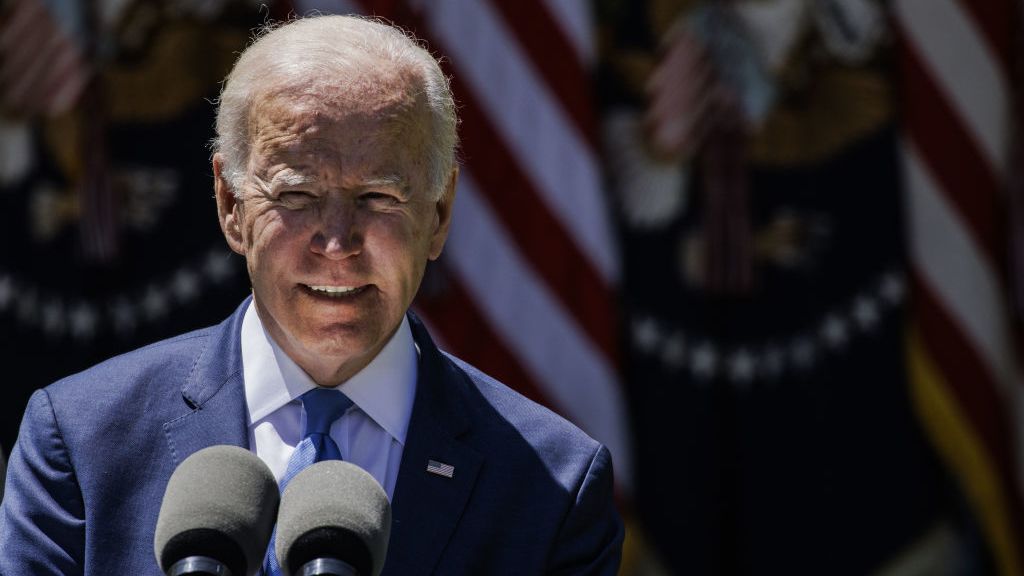 Biden sets June deadline for $42 billion broadband funding outline
Biden sets June deadline for $42 billion broadband funding outlineNews The announced deadline come prior to a much-awaited update to the FCC's US broadband map, giving a clearer image of the internet challenges facing the nation
By Rory Bathgate
-
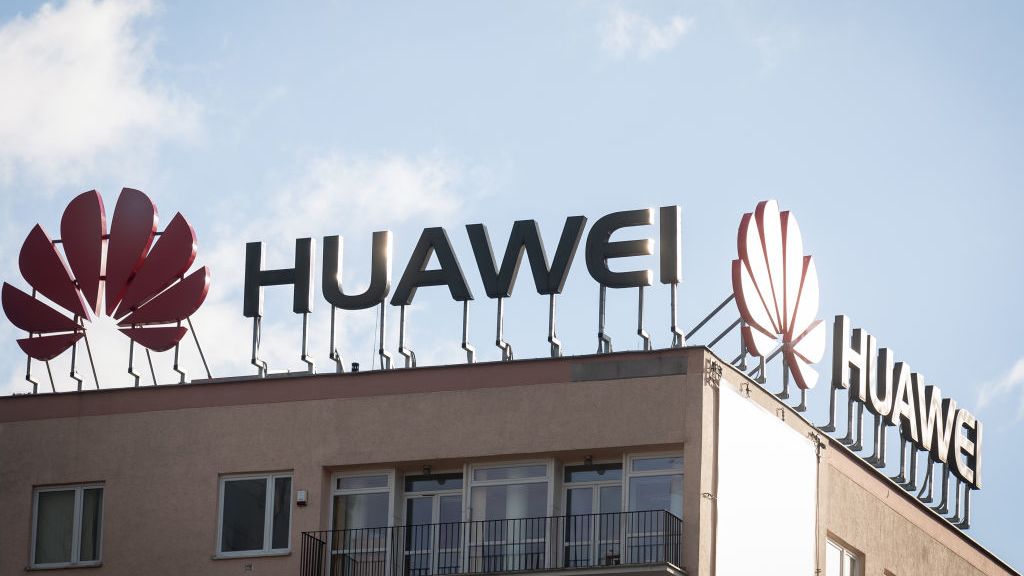 FCC eyes formal ban of all Huawei, ZTE equipment sales
FCC eyes formal ban of all Huawei, ZTE equipment salesNews Approaching the deadline to pass such a ruling, companies such as Kaspersky face similar restrictions
By Rory Bathgate